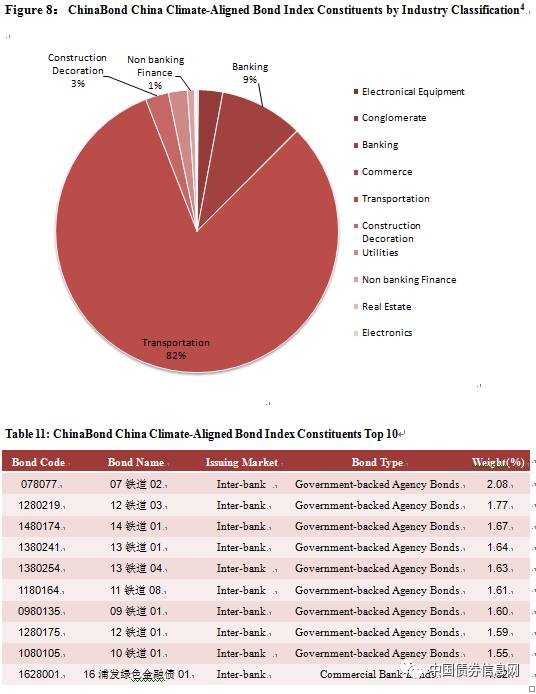Unlocking Opportunities: A Comprehensive Guide to Real Estate Rehab Loans for Your Next Investment
Guide or Summary:Real Estate Rehab LoansUnderstanding Real Estate Rehab LoansBenefits of Real Estate Rehab LoansEligibility RequirementsTips for Navigating……
Guide or Summary:
- Real Estate Rehab Loans
- Understanding Real Estate Rehab Loans
- Benefits of Real Estate Rehab Loans
- Eligibility Requirements
- Tips for Navigating the Rehab Process
Real Estate Rehab Loans
Real estate rehab loans are specialized financing options designed for investors looking to purchase and renovate distressed properties. These loans provide the necessary capital to not only acquire a property but also fund its rehabilitation, making them an attractive choice for both seasoned investors and first-time homebuyers. In this guide, we will explore the various types of real estate rehab loans available, their benefits, eligibility requirements, and tips on how to successfully navigate the rehab process.
Understanding Real Estate Rehab Loans
Real estate rehab loans typically fall into two main categories: hard money loans and government-backed loans. Hard money loans are short-term loans secured by the value of the property, often provided by private lenders. These loans are ideal for investors who need quick access to capital and are willing to pay higher interest rates. On the other hand, government-backed loans, such as the FHA 203(k) and Fannie Mae HomeStyle loans, offer more favorable terms and lower interest rates but come with stricter eligibility requirements.
Benefits of Real Estate Rehab Loans
One of the primary benefits of real estate rehab loans is the ability to finance both the purchase and renovation of a property in a single loan. This streamlined process can save time and reduce the complexity of managing multiple loans. Additionally, these loans can help investors tap into the potential of undervalued properties, allowing them to increase their equity and generate rental income or resale profit.
Another significant advantage is that many rehab loans allow for flexible renovation budgets. Borrowers can allocate funds for various improvements, from minor cosmetic updates to major structural repairs. This flexibility can lead to a higher return on investment, as properties that are well-renovated often command higher market values.

Eligibility Requirements
While real estate rehab loans can be an excellent financing solution, they do come with specific eligibility requirements. Lenders typically evaluate the borrower’s credit score, income, and overall financial stability. For government-backed loans, additional requirements may include a minimum down payment and proof of the ability to manage the renovation project effectively.
Investors should also be prepared to present a detailed renovation plan, including a budget and timeline. Lenders want to ensure that the proposed improvements will increase the property’s value and that the borrower has a clear strategy for managing the rehab process.
Tips for Navigating the Rehab Process
Successfully navigating the rehab process requires careful planning and execution. Here are some tips to help you make the most of your real estate rehab loan:
1. **Choose the Right Property**: Look for properties in desirable locations that have the potential for appreciation. Conduct thorough market research to identify properties that are undervalued but have strong resale potential.

2. **Create a Detailed Renovation Plan**: Outline your renovation goals, budget, and timeline. Be realistic about the scope of work and prioritize essential repairs that will add value to the property.
3. **Work with Experienced Contractors**: Hiring skilled contractors can make a significant difference in the quality of your renovations. Seek recommendations and check references to ensure you’re working with reputable professionals.
4. **Monitor Your Budget**: Keep a close eye on your renovation expenses to avoid going over budget. Unexpected costs can arise, so it’s wise to set aside a contingency fund for emergencies.
5. **Stay Informed**: Keep up with local real estate trends and regulations that may impact your project. Understanding the market can help you make informed decisions about your renovations and eventual sale.

In conclusion, real estate rehab loans offer a valuable opportunity for investors looking to capitalize on distressed properties. By understanding the different types of loans available, their benefits, and how to navigate the rehab process, you can unlock the potential for significant returns on your investment. Whether you’re a seasoned investor or just starting, these loans can be a powerful tool in your real estate portfolio.